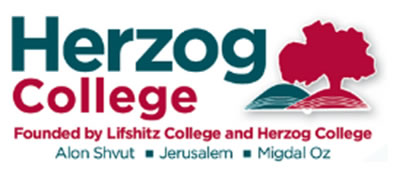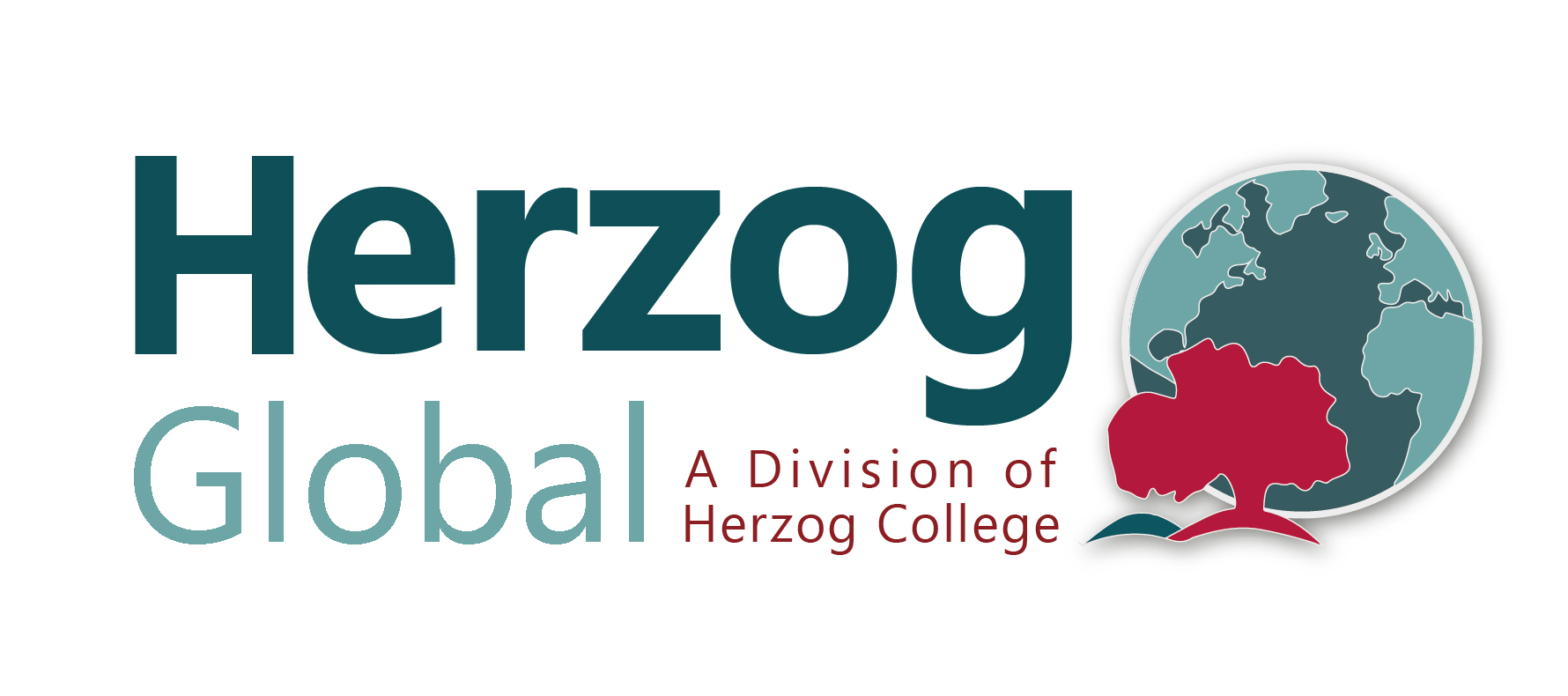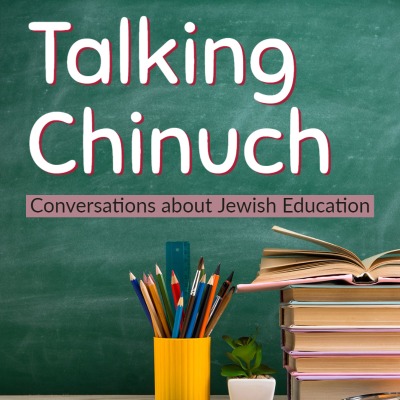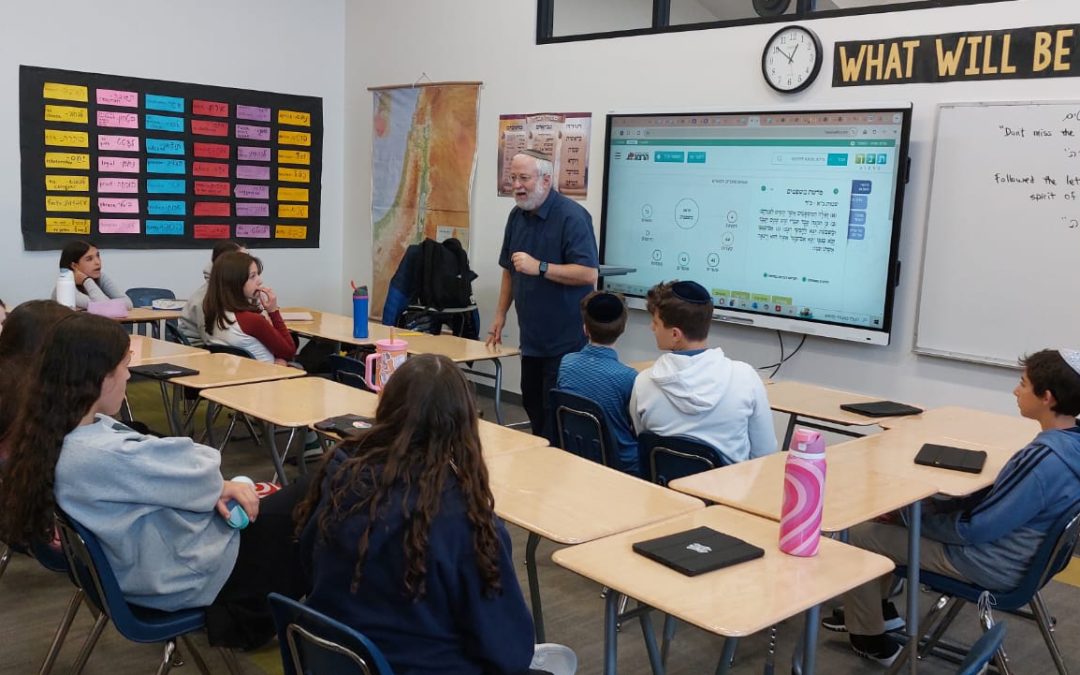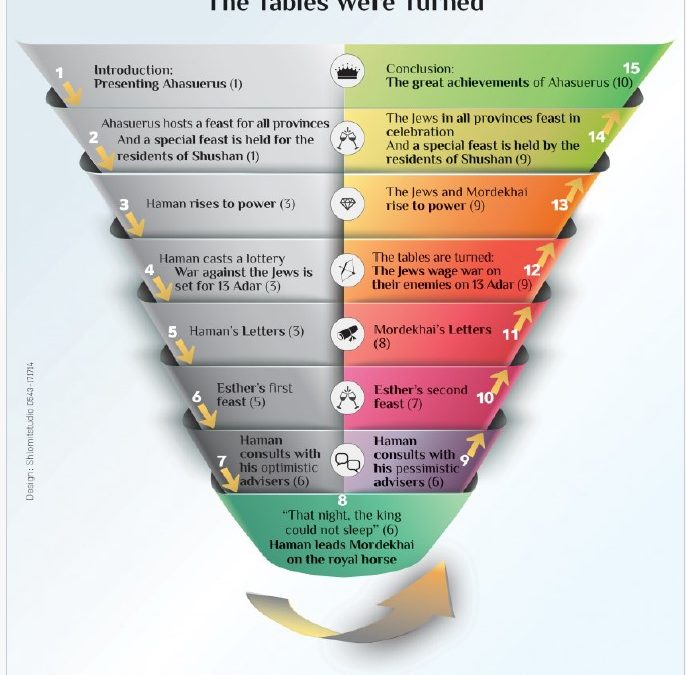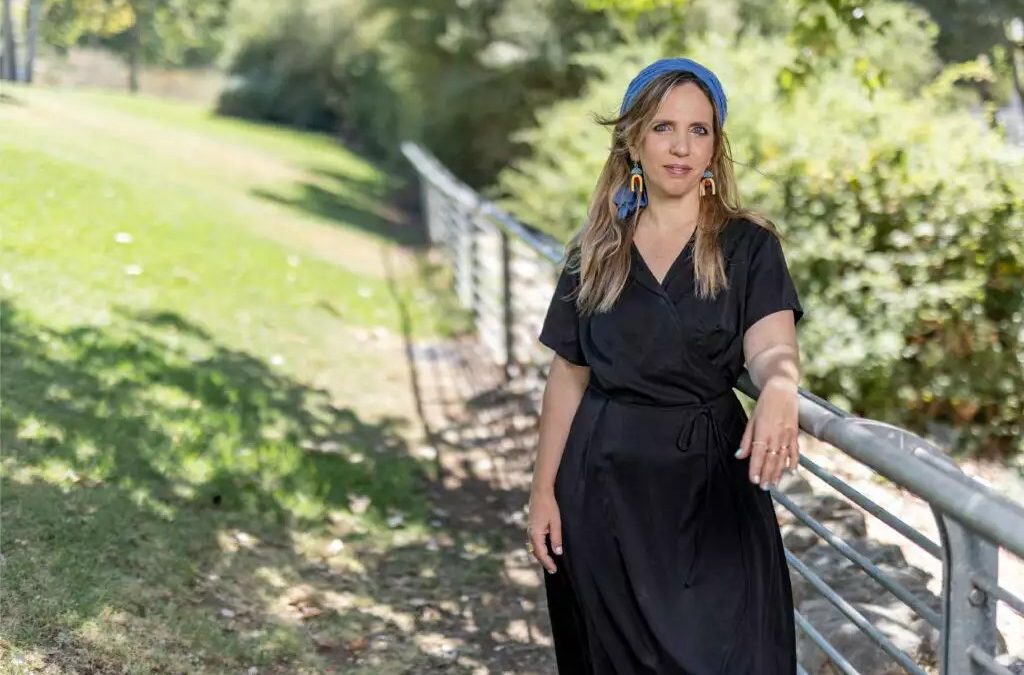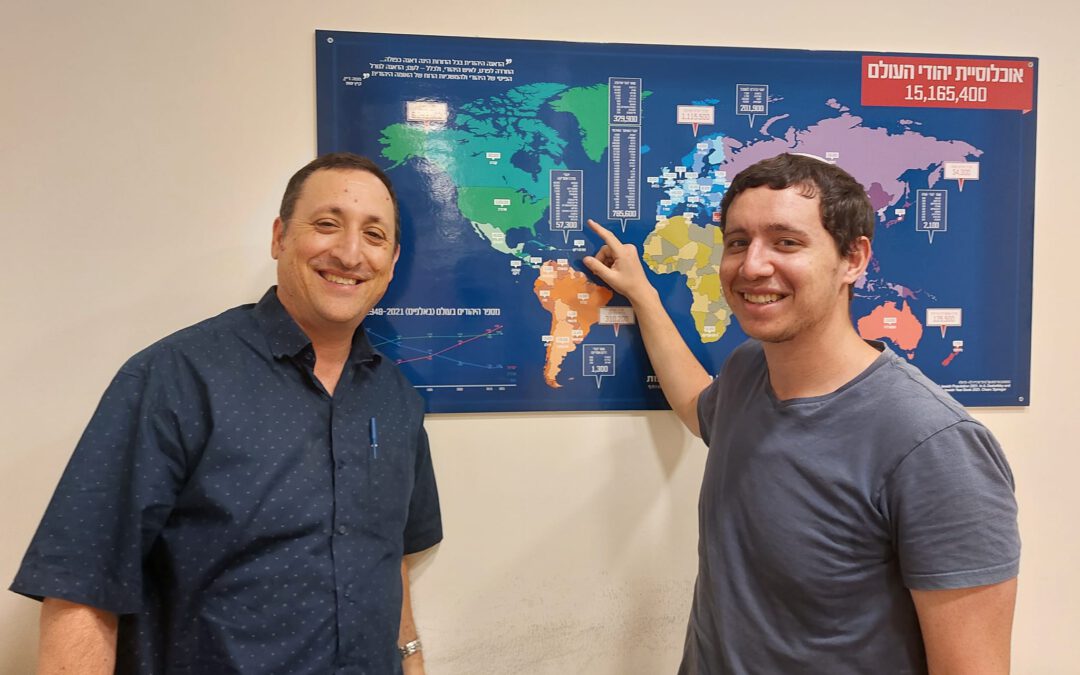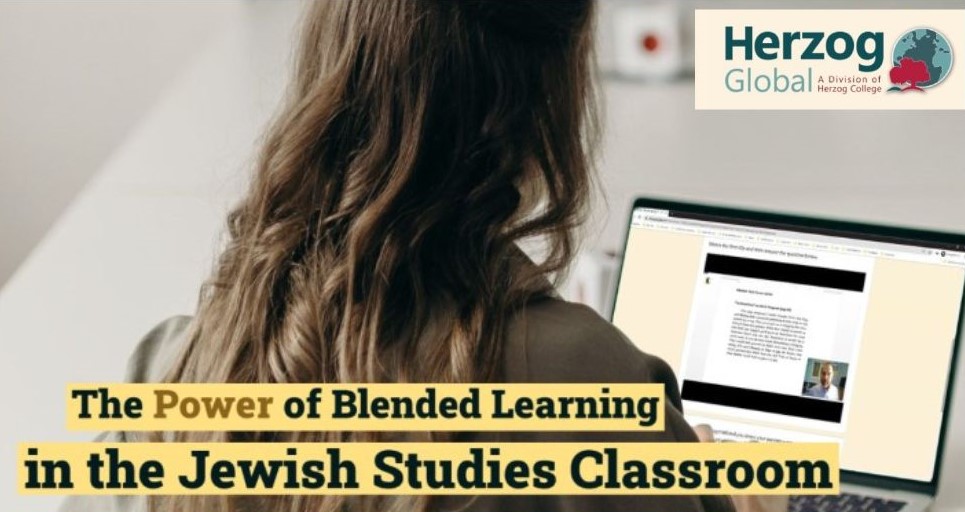Guest Post by Shira Kronenberg
During the Yemei Iyun B’Tanakh in July 2023, Herzog Global hosted a Jewish Educators’ Day that included a panel titled “Head vs. Heart – Understanding the Needs of Our Students.” Click here to watch the video of this session (and the other sessions from the event).
Shira Kronenberg, a veteran teacher and the Director of the Judaic Studies Learning Center at the Frisch School in Paramus, NJ, attended the session. It addressed the difficult dilemmas that many teachers face in deciding whether to focusing on teaching skills, which might turn students off from Judaism, or trying to engage students spiritually and emotionally, which may deprive them of critical text skills that they’ll need later in life. She wrote the below article as a response to this discussion, and as a challenge to Jewish teachers who are not teaching the honors, advanced level Judaic Studies tracks. Her teaching focuses specifically on students who are often placed in the “lower” Judaic Studies tracks, who are sent to the Frisch Learning Center for additional help in their Jewish studies. How does she answer the “Head vs. Heart” conundrum, especially for these “weaker” students?
I am always excited to walk into school the first day to meet my students and tell them how excited I am to be teaching them Chumash. In the lower track classes one of the first questions I always ask my students is, how often do you open up a Tanach, see all the Hebrew and then close it because you think you have no way of understanding it. Without any hesitation, the entire class will raise their hand. I love telling them that this year things are going to change. They are going to gain skills in my class where they will be able to pull information out of a given Passuk even if they don’t understand it word for word. Three years ago I had a freshman student who looked me straight in the eye and said I don’t know Hebrew and your class is impossible. My student felt that I had such unrealistic expectations that he was going to fail the course.
As educators in Judaic Studies, often we find ourselves debating the importance of cultivating a genuine passion for Judaism and fostering a deep connection to the subject versus imparting essential skills. I believe, rather than grappling with this dilemma, our primary concern should revolve around this question: How can we best support our students, particularly those facing academic challenges? How can we teach essential learning skills to our students, enabling their success, all the while nurturing a profound affection for Torah and instilling Yirat Shamayim?
Today, many educators worry that if they challenge their students with academic challenges academically, their students will develop negative feelings towards Judaism, come to resent it, and go “off the derech”. However, let’s take a look at the research like that of Carol Dweck, a Stanford psychologist who is the author of the “Growth Mindset” series. In her book “Mindset, Changing the way you think to fulfill your potential”, she found that students who believe that their abilities can be developed through hard work, dedication, and perseverance are more likely to achieve better outcomes, even if they initially struggle. When educators refrain from allowing students to face challenges, believing that by doing so they are keeping students from going “off the derech”, I believe we are actually hurting our students. Without giving our students these essential skills, we risk losing them.
How do we do this? First and foremost, we must give our teachers excellent training. Our schools need to train their teachers how to educate students who struggle academically. Teachers need to find ways to set realistic goals, especially for those who may have different learning challenges, and help students gain skills while fostering a love of Torah.
Each of our students have different learning styles and strengths. When we are able to differentiate our instruction by using different modes of learning, we allow our students to use their strengths to help them learn. I would like to offer a few suggestions that could drastically improve students’ academic outcomes in their Limudei Kodesh studies:
- When teachers scaffold the curriculum by breaking down skills, or concepts into smaller manageable steps, starting with basic skills before moving to advanced ideas. For example, teaching students basic Shorashim, prefixes and suffixes for a given set of Pesukim. Once they have this knowledge, teach your students how to use those skills to pull basic information from a given Pasuk. This helps students feel more empowered and less intimidated when opening a Tanach.
- In order for our students to acquire these skills, it is important to use a multisensory approach. Use of visual aids, hands- on activities, music and continued practice and reinforcement of the skills can help students learn and retain what they have learned.
- Technology is another important tool that can be used in educating our students. It can help make learning more engaging and interactive.
- Teacher management and oversight also plays a critical role. Teachers often need to modify and accommodate to help students learn best. We must constantly monitor our student’s progress through formal and informal assessments and as they gain new skills, we can decrease the amount of modifications they are receiving.
When students witness new goals being set for themselves, it helps them become aware of their success, validating that they are capable of what they can achieve with hard work.
Finally, building a positive and supportive learning environment is crucial for academically struggling students. When our students feel supported and recognize our commitment to their success, they are more willing to take risks and put in more effort. By setting attainable objectives, guiding our students with a loving hand, and supporting them through the challenges, they will acquire the necessary skills needed to be lifelong learners all while fostering a meaningful connection to the Torah and Mitzvot.
The following year the very same student who thought I hated him freshman year because of my unrealistic expectations walked into my Judaic Studies Learning Center class. He said, Ms. Kronenberg, your class last year was really hard and the only Judaic Studies class I really had to work in and although I hated it, I also realized that I also actually learned something. I continued throughout the year to push him and the rest of my students during support to learn and grow. The following year the very same student was once again in my Chumash class and of course he continued to try and tell me why he was not capable of learning text inside. However, neither one of us gave up. As a teacher, the greatest gift I could receive was the note he left me on the bottom of his final.
“Dear Ms. Kronenberg, remember when I walked into your class as a scared little freshman and I thought you hated me? Well now I know all you wanted was for me to succeed. Not only did you teach me Chumash, but you taught me life skills”.
His final grade, a 98.
